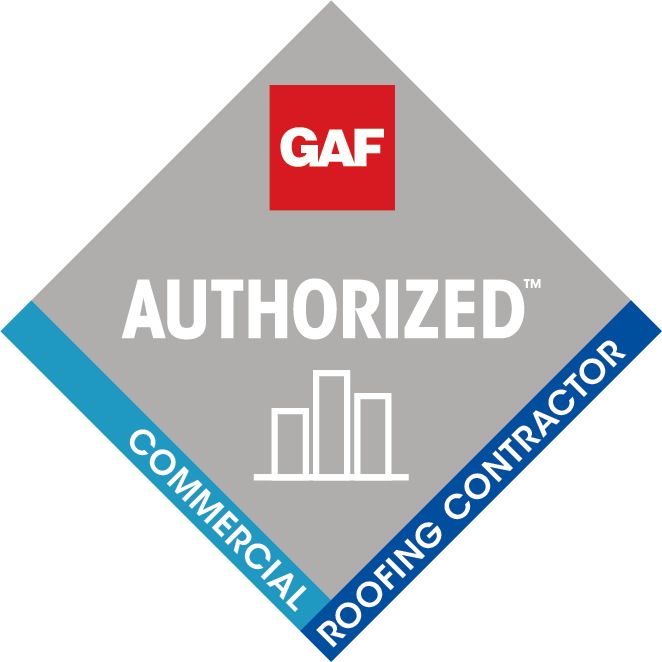For commercial buildings or large-scale projects, optimizing the Heating, Ventilation, and Air Conditioning (HVAC) system is not just about enhancing comfort; it’s about maximizing efficiency, sustainability, and long-term cost savings. Here are best practices and considerations for managing HVAC needs in such environments, drawing from industry-leading standards and technologies.
- Embrace Energy-Efficient Systems: Selecting HVAC systems with high energy efficiency ratings (such as SEER for cooling and AFUE for heating) is crucial. Energy-efficient systems reduce operational costs and carbon footprint, making them a smart investment for any commercial building.
- Implement Smart Controls: Modern HVAC systems equipped with smart thermostats and automation technologies can significantly improve energy management. These systems allow for precise control over temperature and air flow, adapting to the specific needs of different zones within the building to minimize energy waste.
- Regular Maintenance and Upgrades: Routine maintenance is essential to keep HVAC systems running at peak efficiency. This includes regular inspections, cleaning of filters and ducts, and timely upgrades to more efficient components or systems as they become available.
- Opt for Sustainable Solutions: Consider incorporating renewable energy sources, such as solar or geothermal heat pumps, into your HVAC system. These solutions can offer significant energy savings and reduce reliance on non-renewable energy sources.
- Focus on Indoor Air Quality (IAQ): Good IAQ is vital for the health and comfort of building occupants. Select HVAC systems that include air purification and humidity control features to maintain a healthy indoor environment.
- Utilize Professional HVAC Services: For installation, maintenance, or upgrades, relying on professional HVAC services ensures that your system is optimized for efficiency and longevity. Professionals can provide tailored advice and solutions based on the specific needs of your commercial building.
By focusing on energy efficiency, smart technology, routine maintenance, sustainable solutions, and indoor air quality, commercial buildings can achieve significant improvements in HVAC system performance. These steps not only ensure a comfortable and healthy environment for occupants but also contribute to lower energy bills and a reduced environmental impact.



